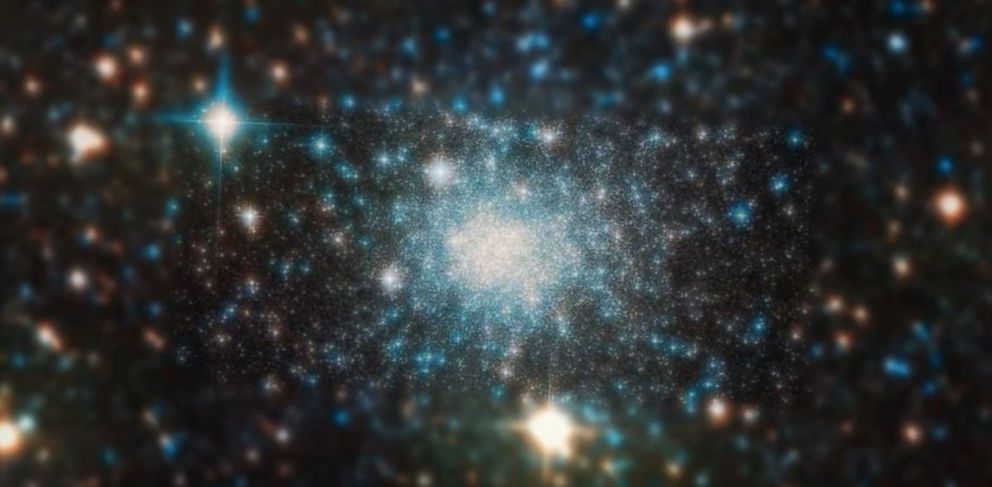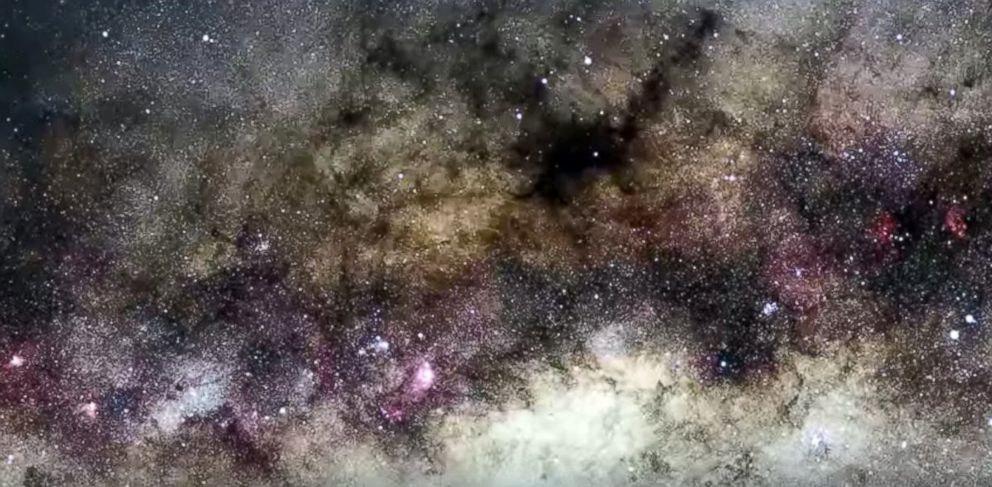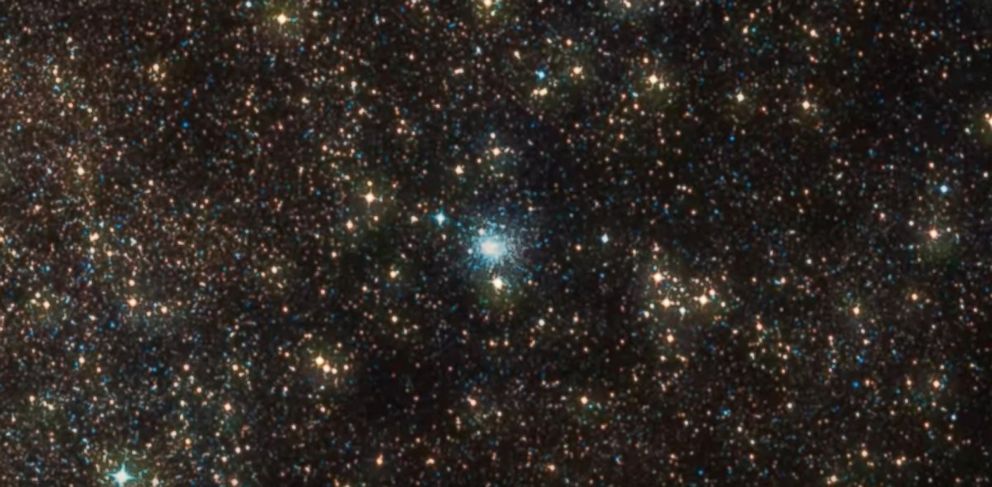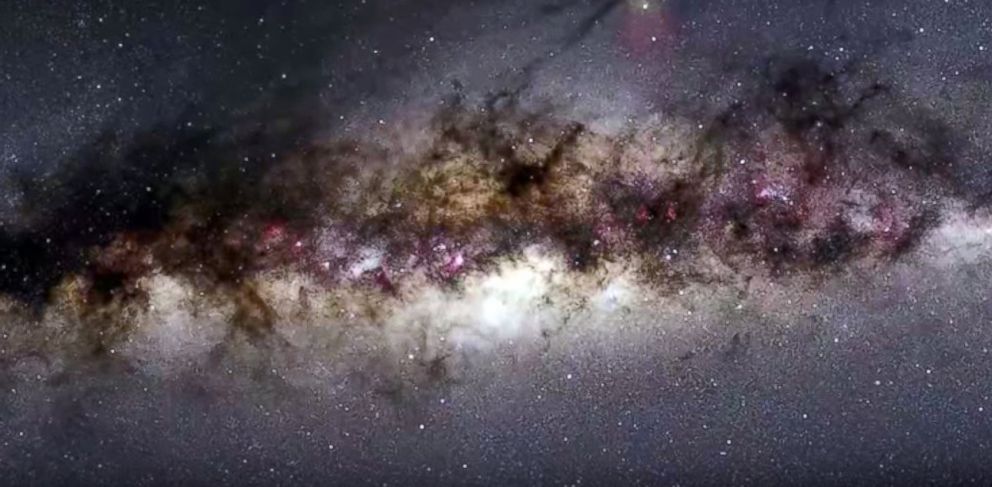Astronomers Discover Fossil Relic of Early Milky Way
The fossil could represent a link between the local and the distant universe.
— -- Humans just moved one step closer to understanding how our corner of the known universe came into being.
An Italian-led team of astronomers have discovered a rare fossil relic of the early Milky Way galaxy, one that scientists with the European Southern Observatory (ESO) believe can help "bridge the gap in understanding between our galaxy’s past and its present."

Terzan 5, a dense star field that is 19,000 light-years from Earth, and located in the constellation of Sagittarius, had been detected roughly 40 years ago, according to ESO. But recent research, using the Very Large Telescope (VLT), the world's most advanced visible-light astronomical observatory, determined that it was dominated by two distinct bursts of star formation billions of years apart -- making it an ideal candidate to be a fossil from the early Milky Way galaxy.

The astronomers discovered several stars within the field of Terzan 5 that are composed of different elements, and have an age-gap of approximately 7 billion years.
“This requires the Terzan 5 ancestor to have large amounts of gas for a second generation of stars and to be quite massive. At least 100 million times the mass of the Sun,” according to Davide Massari, one of the astronomers who made the discovery.

The new research could have profound implications, according to ESO. The information could help to explain how galaxies are formed, and bring new insight into the history of the over 13 billion-year-old Milky Way galaxy, which, of course, houses our solar system.

The science community has long been interested in the potential secrets held in Tezran 5.
Rosanne Di Stefano of the Harvard-Smithsonian Center speculated that "very old, advanced [alien] civilizations" could be contained in the distant star field, according to a January report by National Geographic.




